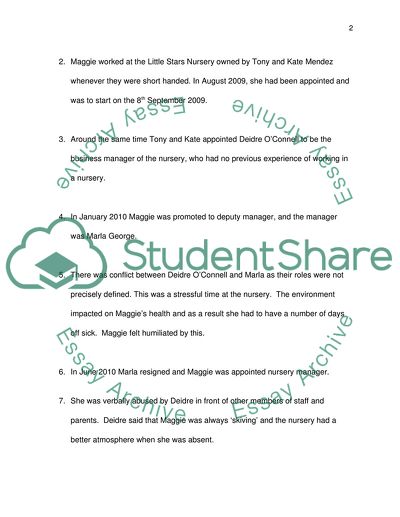Cite this document
(Employment Law - Action To Tackle Bullying At Work Case Study, n.d.)
Employment Law - Action To Tackle Bullying At Work Case Study. Retrieved from https://studentshare.org/law/1744916-employment-law
Employment Law - Action To Tackle Bullying At Work Case Study. Retrieved from https://studentshare.org/law/1744916-employment-law
(Employment Law - Action To Tackle Bullying At Work Case Study)
Employment Law - Action To Tackle Bullying At Work Case Study. https://studentshare.org/law/1744916-employment-law.
Employment Law - Action To Tackle Bullying At Work Case Study. https://studentshare.org/law/1744916-employment-law.
“Employment Law - Action To Tackle Bullying At Work Case Study”, n.d. https://studentshare.org/law/1744916-employment-law.


